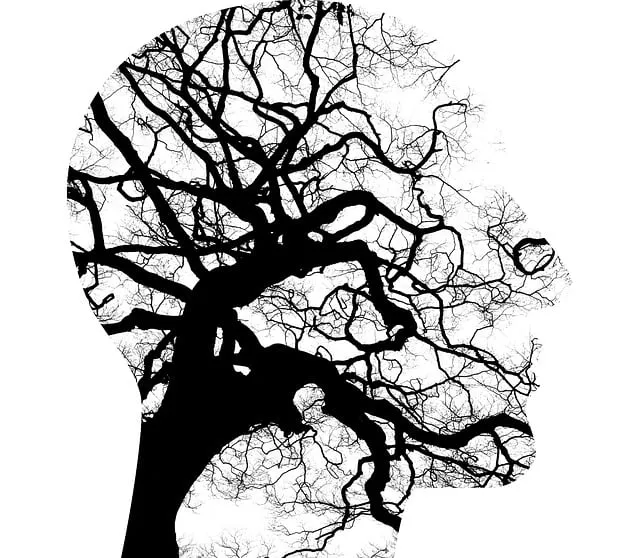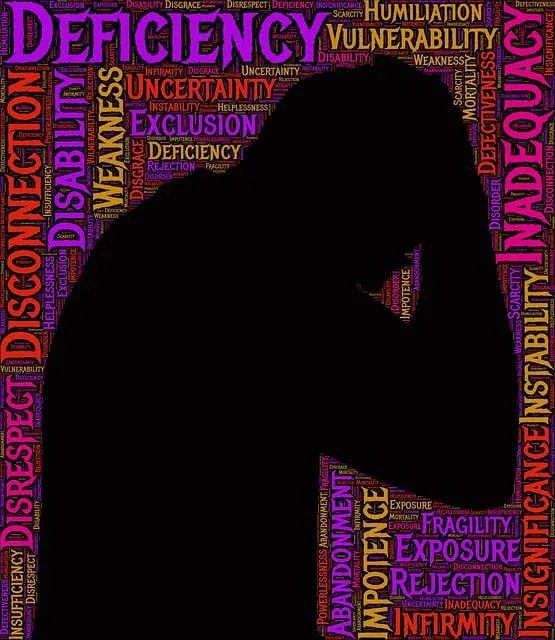The Englewood Kaiser Permanente behavioral health center offers holistic crisis intervention services, focusing on immediate support and long-term wellness. They recognize that crises can arise unexpectedly and vary in presentation, from overt behaviors to subtle mood changes. Their approach includes evidence-based strategies like cognitive-behavioral therapy (CBT) and mindfulness practices, tailored interventions based on risk assessments, and cultural sensitivity training. The center promotes early mental health issue identification through open conversation environments and implements initiatives for depression, burnout prevention, and mental health awareness. They also prioritize the well-being of healthcare professionals through training programs, ensuring a robust support system for both patients and providers.
“At Englewood Kaiser Permanente Behavioral Health Center, crisis intervention plays a pivotal role in patient care. This article explores effective strategies for navigating mental health crises, drawing from the center’s expertise. We delve into identifying warning signs and triggers, emphasizing the importance of evidence-based support. Through a comprehensive approach, including assessment, safety planning, and post-crisis care, we provide guidance on managing and recovering from intense emotional states. Discover how Englewood Kaiser Permanente offers a robust framework for crisis intervention, ensuring patients receive holistic, tailored support.”
- Understanding Crisis Intervention at Englewood Kaiser Permanente Behavioral Health Center
- Identifying Signs and Triggers for Mental Health Crises
- Evidence-Based Strategies for Effective Crisis Support
- The Role of Assessment and Safety Planning in Crisis Management
- Post-Crisis Care and Recovery Support Services Offered by KP
Understanding Crisis Intervention at Englewood Kaiser Permanente Behavioral Health Center

At Englewood Kaiser Permanente Behavioral Health Center, crisis intervention is a cornerstone of their comprehensive mental health services. The center recognizes that crises can arise unexpectedly, affecting individuals’ emotional and psychological well-being. Thus, they’ve developed strategies to provide immediate support and effective short-term interventions for those in distress. This includes a specialized team trained in assessing and managing acute mental health episodes, ensuring every patient receives personalized care tailored to their unique needs.
Englewood Kaiser Permanente prioritizes not just responding to crises but also promoting long-term well-being. Their approach integrates Depression Prevention, Burnout Prevention, and Mental Health Awareness initiatives, aiming to empower individuals with coping mechanisms and resilience. By fostering an environment that encourages open conversations about mental health, the center facilitates early identification of potential issues, enabling timely intervention and better outcomes for patients navigating challenging situations.
Identifying Signs and Triggers for Mental Health Crises

Recognizing signs and triggers is a critical step in crisis intervention. Individuals seeking support at an Englewood Kaiser Permanente behavioral health center may present with a range of symptoms, from overt behaviors to subtle shifts in mood or thinking. These can include sudden changes in appetite or sleep patterns, increased isolation, rapid mood swings, aggression, or a severe drop in academic or work performance. Moreover, cultural sensitivity in mental healthcare practice plays a significant role in identifying these signs, as what constitutes a crisis can vary across different communities and backgrounds.
Professionals at the center are trained to consider not only personal history but also social factors that might contribute to mental health crises. This includes assessing for stressors like financial difficulties, relationship problems, or traumatic life events, as well as looking into potential underlying conditions such as anxiety, depression, or substance abuse. Social skills training and other therapeutic interventions can be integrated into crisis intervention strategies to address these issues proactively, focusing not just on acute care but also on long-term depression prevention and overall mental wellness.
Evidence-Based Strategies for Effective Crisis Support

At the Englewood Kaiser Permanente behavioral health center, evidence-based strategies play a pivotal role in providing effective crisis support. These approaches, grounded in extensive research and clinical experience, offer a robust framework for mental healthcare practitioners. By implementing techniques such as cognitive-behavioral therapy (CBT) and mindfulness practices, professionals can equip individuals with valuable tools to navigate and manage crises. CBT, for instance, helps clients identify and challenge negative thought patterns, fostering emotional regulation and coping strategies that are both immediate and long-lasting.
Moreover, integrating self-care practices and cultural sensitivity in mental healthcare practice is essential. Encourage patients to prioritize their well-being through activities like deep breathing exercises or journaling can enhance their resilience. Similarly, tailoring interventions to respect and incorporate cultural beliefs and practices ensures that crisis support is not only effective but also respectful and meaningful. This holistic approach, informed by both evidence and cultural considerations, is a hallmark of modern crisis intervention strategies at progressive healthcare centers such as Englewood Kaiser Permanente.
The Role of Assessment and Safety Planning in Crisis Management

In crisis intervention, assessment is a cornerstone that guides effective management. The Englewood Kaiser Permanente behavioral health center emphasizes the Risk Assessment for Mental Health Professionals as a crucial tool to evaluate and understand the individual’s situation. By thoroughly assessing the crisis, professionals can tailor interventions, ensuring a safe and supportive environment. This process involves gathering relevant information, identifying potential hazards, and determining the best course of action, all of which are essential components in navigating challenging situations.
Safety planning is an integral part of this assessment, focusing on Mind Over Matter Principles. It empowers individuals to develop strategies for managing crises and boosting confidence. Through collaborative efforts, professionals can teach skills that promote self-calming, problem-solving, and seeking help when needed. This proactive approach, centered around evidence-based practices, enables individuals to regain a sense of control and reduce the intensity of distressing situations, ultimately leading to more positive outcomes.
Post-Crisis Care and Recovery Support Services Offered by KP

After a crisis, individuals often require ongoing support to navigate the path to recovery and rebuild their lives. Englewood Kaiser Permanente behavioral health center plays a vital role in this process by offering comprehensive post-crisis care and recovery support services. These services are designed to address not only the immediate needs of those affected but also to foster long-term mental wellness.
The center’s offerings include specialized therapy sessions, peer support groups, and Mental Wellness Coaching Programs Development tailored to help individuals cope with trauma and stress. Additionally, healthcare provider cultural competency training is provided to ensure that all patients receive care that respects their unique backgrounds and experiences. To further enhance recovery, the center focuses on burnout prevention strategies, recognizing that supporting mental health professionals is a crucial aspect of maintaining a resilient and effective healthcare system.
Englewood Kaiser Permanente Behavioral Health Center’s crisis intervention strategies offer a comprehensive approach to supporting individuals during mental health crises. By understanding the signs and triggers, healthcare professionals can effectively utilize evidence-based techniques to provide immediate relief and safety planning. Post-crisis care and recovery services further ensure patients receive holistic support. This guidance equips both professionals and loved ones with the tools to navigate challenging situations, fostering resilience and promoting long-term well-being for those seeking help at Englewood Kaiser Permanente behavioral health center.






